Micro precision for time-pressure dosing
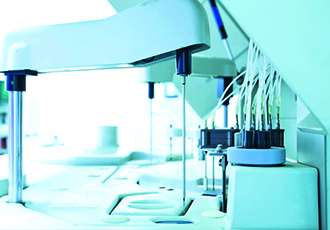
Cutting edge diagnosis and genomic equipment depends on high accuracy and speed to deliver results. Operating with micro quantities of fluid in this context presents a significant challenge - which has now been overcome, thanks to Bürkert’s new pressure controller, the Type 8763.
Designed specifically for time-pressure dosing applications, this latest product delivers a host of benefits for manufacturers of pharmaceutical and medical diagnosis equipment.
Micro-dosing small quantities of fluid precisely and in large numbers presents several challenges that have been tackled using several techniques. Syringe dosing offers excellent precision for example, but it is not suitable for high-speed applications, it takes up quite a lot of space and cleaning of the equipment can be difficult.
Some improvements can be achieved through batch dosing – reducing the equipment footprint and increased speed, but flowrates can be limited, and dosing volumes may only have a certain amount of flexibility. There is also increased complexity in the control valves and dosing reservoir, all of which need to be cleaned between applications.
Time-pressure dosing on the other hand offers improved flexibility in dosing quantities, high speed operation and a cost-effective solution for multiple dosing points. It is an important process that is ideally suited to molecular diagnosis, medical cleaning and processes in the pharmaceutical sector. Achieving very precise dosing quantities is a primary requirement, especially where the fluids involved are very expensive or exact quantities are crucial to the application. Time-pressure dosing uses air, or an inert gas, to pressurise the fluid reservoir, and a dosing valve to precisely control the quantities being dispensed, often in µl volumes.
The key to developing an integrated time-pressure dosing system quickly lies in sourcing all the key components from the same manufacturer. Bürkert now has a complete range of products that can be combined to create a perfectly matched dosing system. Precision pumps to pressurise the fluid reservoir, fast switching dosing valves and the new Type 8763 pressure controller to maintain dosing accuracy.
The Type 8763 keeps the carrier gas at a constant pressure in the liquid reservoir regardless of the liquid level. As the liquid is dosed, the head height of the liquid in the reservoir drops, and without using the Type 8763, the pressure also reduces, causing the volume of the dispensed liquid to fall over a period of time. The pressure controller injects air, or another neutral carrier gas, into the reservoir to offset this fall in pressure, so the dosing accuracy is maintained.
This latest product offers millisecond response times and active pressure relief to maintain optimum performance and continuous dosing. This is made possible by the fast-acting, bi-directional pressure control valve which actively adjusts the pressure of the carrier gas, minimising the consumption of inert gas or compressed air.
This packaged solution is a product of the company’s Systemhaus concept, which assigns R&D resource to specific customer solutions with full access to the company’s huge portfolio of 100,000+ individual process components and devices. Developing integrated fluid control systems for manufacturers of pharmaceutical and medical equipment is something Bürkert’s Systemhaus facilities do frequently.
Examples such as this micro-dosing solution are designed as prototypes, tested, and then developed into full-production pieces of equipment. Working closely with customers, a dedicated team of engineers will start with an initial concept and deliver a bespoke solution, cutting development time for the OEM and reducing time to market for the device.
Similar articles
More from Burkert Fluid Control Systems
- Continuous water quality analysis for boreholes 6th July 2020
- Controller delivers precision microlitre dosing 14th May 2020
- Multi-medium testing facility for fluidic components 19th March 2020
- Micro precision for time-pressure dosing 10th December 2019

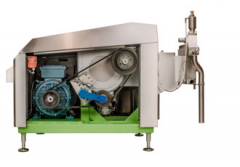
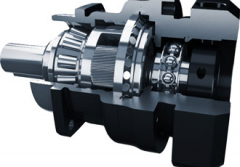
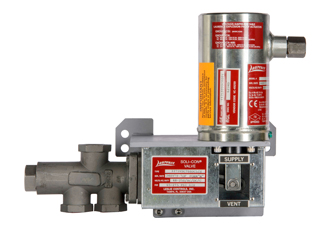
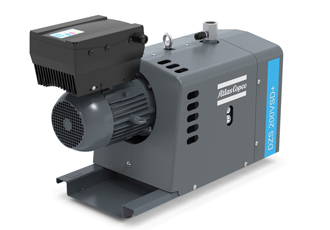







Write a comment
No comments